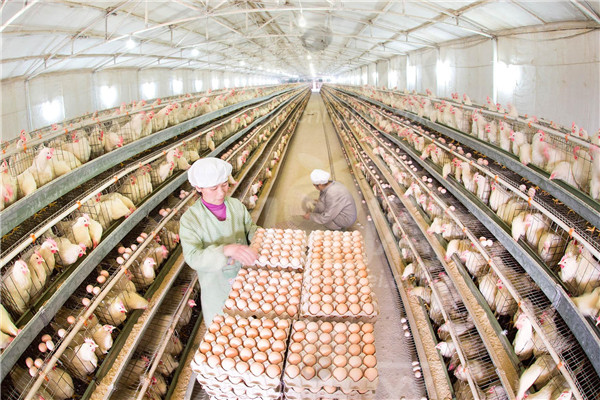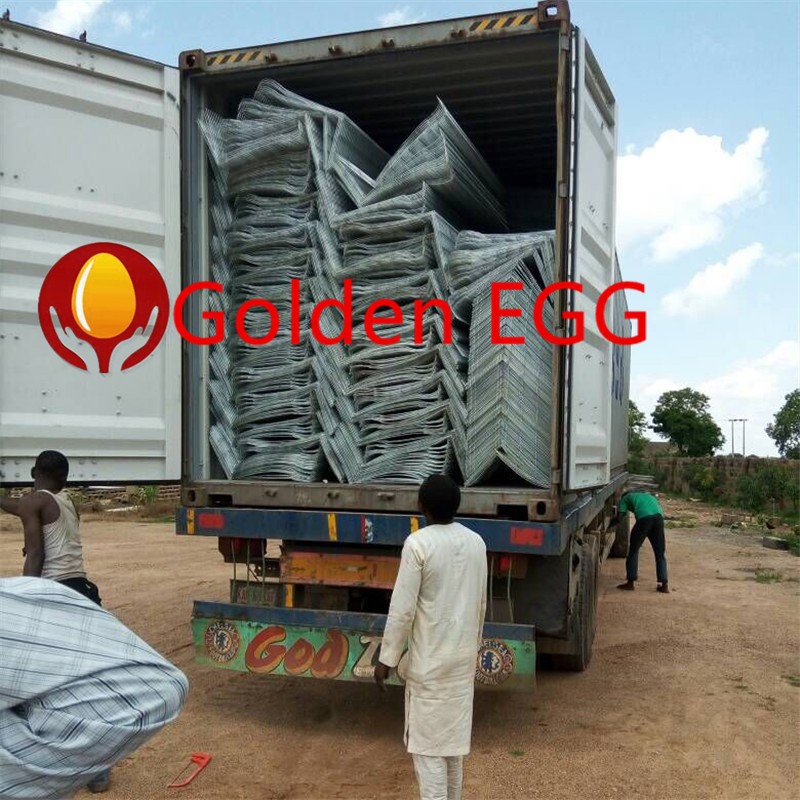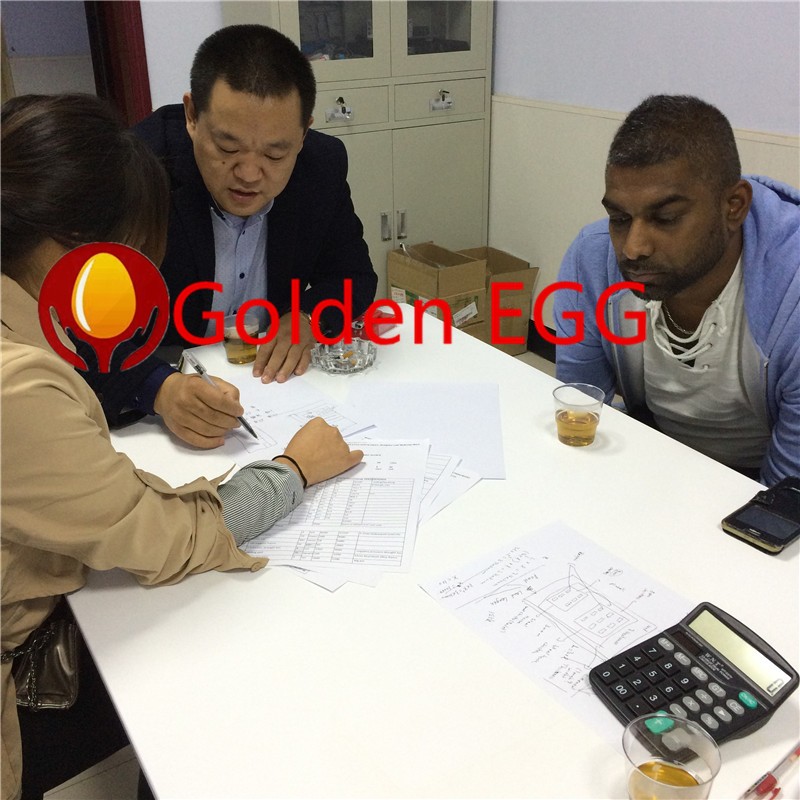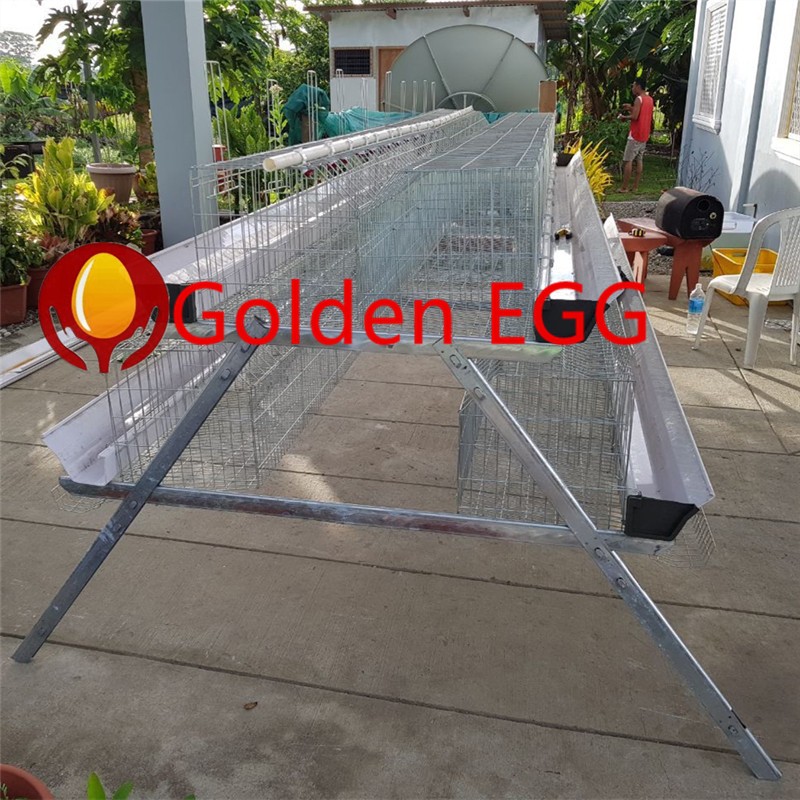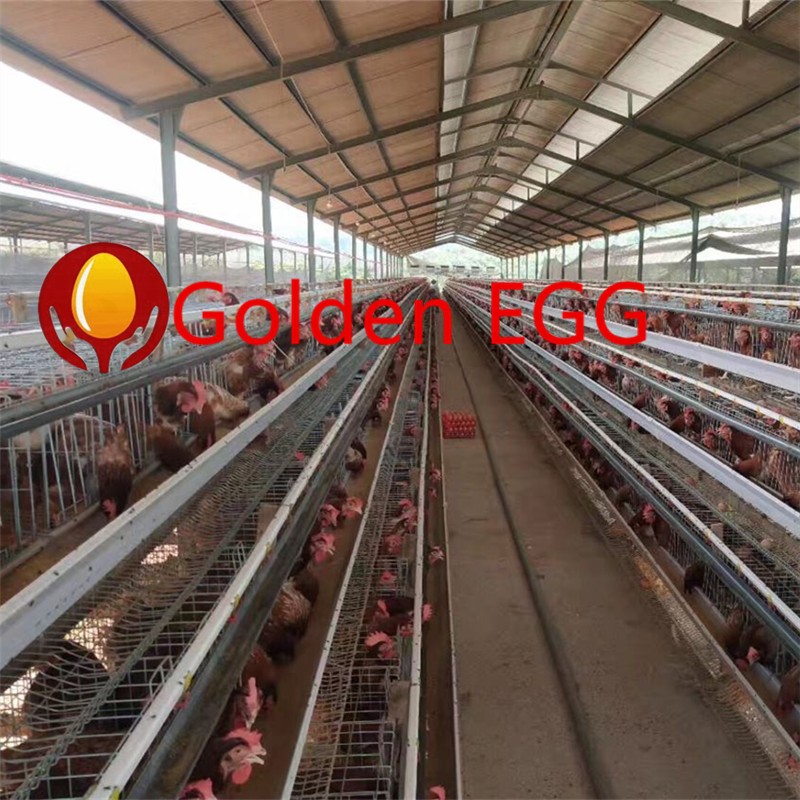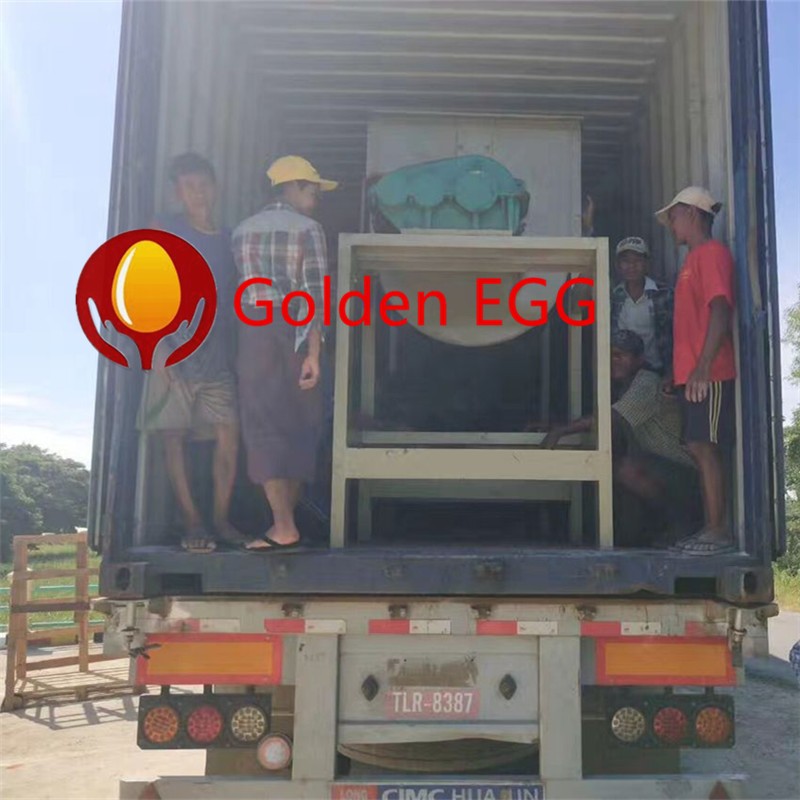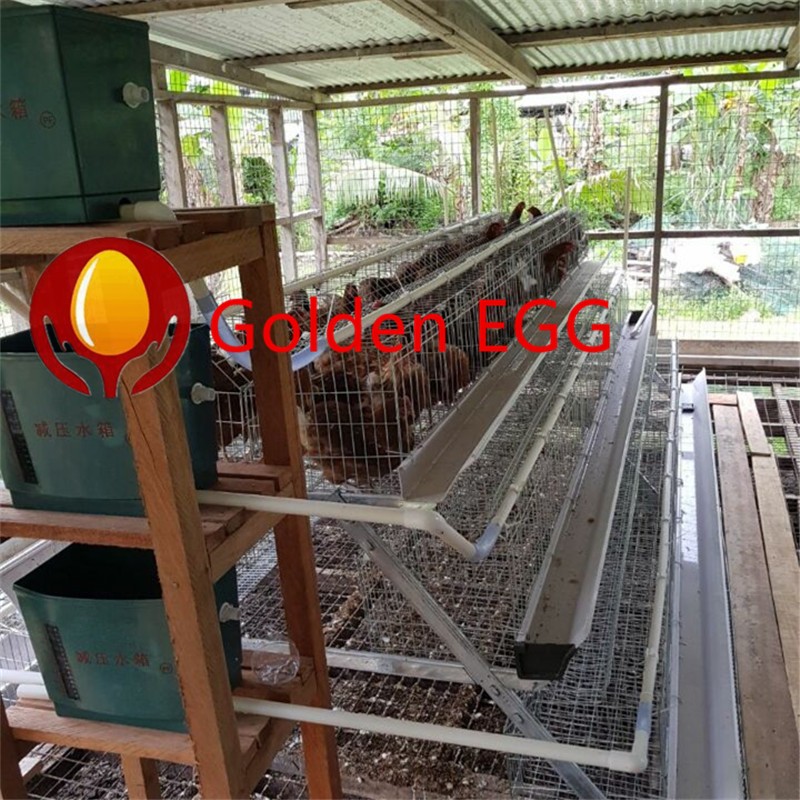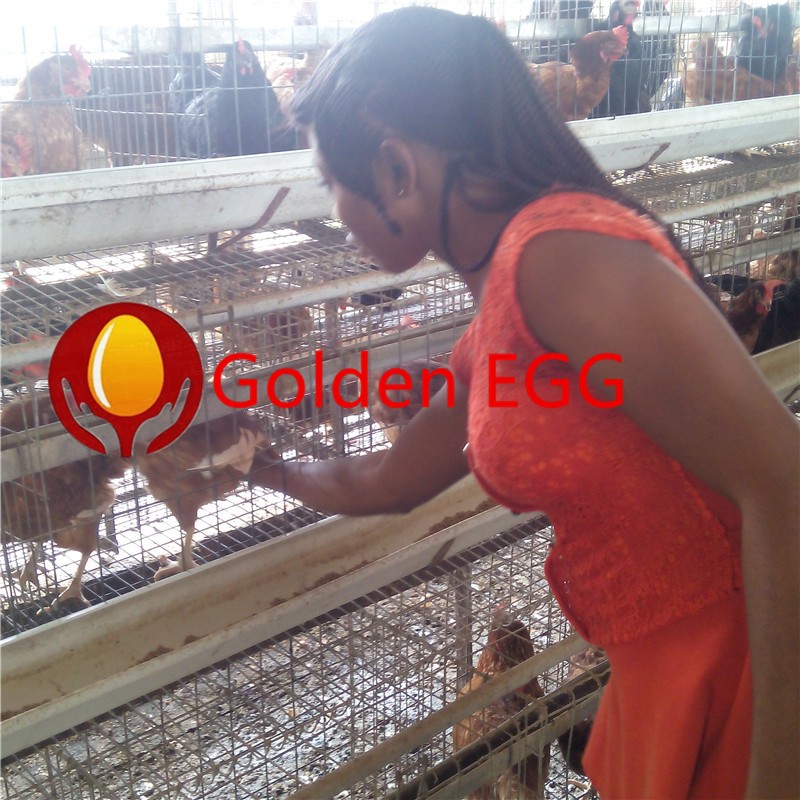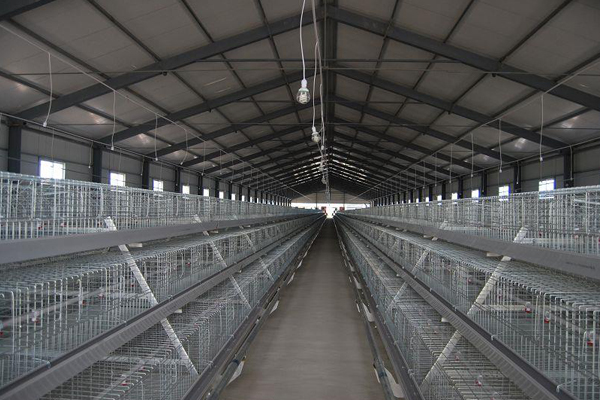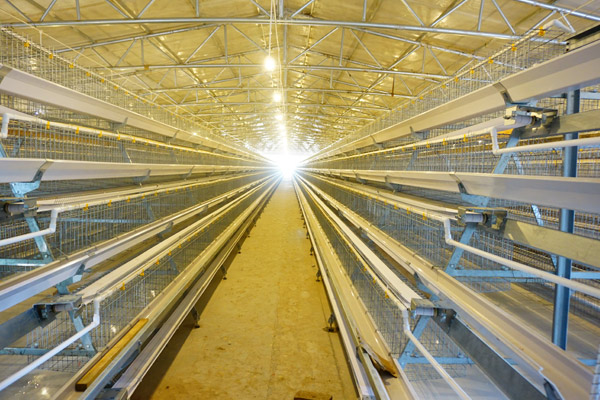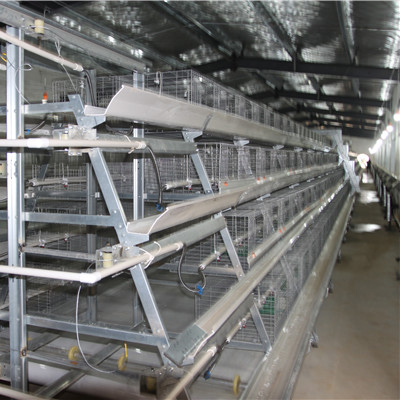The culture method of layer chickens during the breeding period is very important. Next, the automatic plate feeding system manufacturers, Shandong Hengyu Animal Husbandry Machinery Co., Ltd. will tell you about the breeding period of the chicks.
The 16-week breeding period is only one-fifth or even less than one-fifth of the hen's lifespan. But it is the most important stage in a hen's life. Any mistake committed during the breeding period cannot be corrected and adjusted in the future egg production period and will seriously affect the performance of laying.
The first five weeks of management were critical to the success of the entire feeding period, especially if the hens were kept until the 95th week. In terms of physical and physiological development, one year is equivalent to one week of chicken. Make a checklist that outlines what must be adapted and can be promoted. For a flock, good early management can reduce mortality and reduce the proportion of stunted chickens. The breeding period is an important stage in the development of internal organs. Such as the heart, lungs, kidneys and so on. Stress during growth will cause stunting and adversely affect the subsequent egg production period.
The problem of raising cages and then transferring them to flat-laying eggs is that hens find it difficult to find feed and drinking water; the proportion of eggs outside the nest is high, because hens raised in cages do not learn to jump into nests. In addition, hens raised in cages do not have sufficient immunity for some diseases, such as coccidiosis.
If possible, use the same drinking system during the breeding and laying period. If you have to change your drinking system, look for any signs of dehydration during the water supply.
After raising and raising, the best effect can be obtained by transferring to the open multi-layer feeding system during the laying period. The necessary conditions for success under the traditional flat-care system and open multi-layer feeding system.
In the hatchery, the chicks have already gone through a lot of operations, so they are very tired and want to start to rest after reaching the chicken house. It is necessary to transfer the chicks out of the box as soon as possible. The empty chicken box should be immediately transferred to another room with a temperature between 22 and 23 degrees. Do not leave it in the brooding room where the temperature exceeds 30 degrees. Before the chick arrives, carefully examine the details of each work and operate correctly, such as: heating, thermostats, ventilation systems, feed and drinking water systems (water pressure in water pipes, no dirt and contaminants remaining in the water), and Lighting system. It is very important to ensure clean drinking water. Because the temperature of the brooding house is high, ensure the comfort and warmth of the brooding house before the chick arrives.
